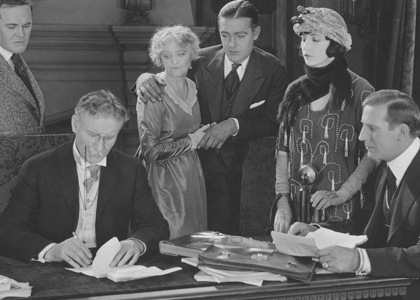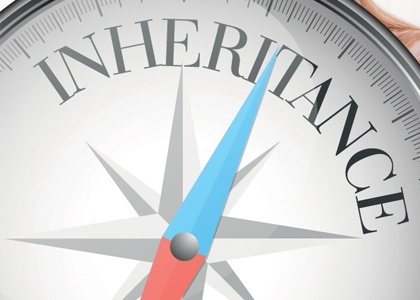Let’s get rid of common misconceptions first. If you die without a will, your estate does not automatically go the state.
First dibs go to your eligible relatives. If you have no eligible relatives, then the state gets it. Got it? Good.
If No Will, Who Gets Your Assets?
A spouse or a de facto spouse is first in line. When the line begins further along, the order that follows takes in children, parents, siblings, grandparents, aunts, uncles and cousins.
At the end of this line, your government awaits. If the Crown does become entitled to the estate, the State Minister for Finance may grant, convey, transfer, assign or deliver the property to:
- any person, whether related to the deceased or not, who was dependent on the deceased, or
- any person for whom the deceased might reasonably have been expected to make provision (in the opinion of the Minister).
If No Claimants, Where Do Your Assets Go?

The value of unclaimed estates in Queensland in 2011 alone, was more than $71 million. Included in this, is money from deceased estates.
ASIC has a free online database for these unclaimed monies. You can type in your name to see if you are eligible for any of it.
Why Your Will Rules

Obviously, the purpose of making a will is have the final say in who gets what. It also helps to avoid the dramas and claims that emerge when estates are carved up at arm’s length by stop-gap methods. Not to mention, it costs more to finalise an estate where no will is involved.
When a will is made, you get to appoint your executor. The executor has the duty of understanding the assets involved and distributing them according to instructions in the will.
Children who are awarded assets in wills, need to wait until they turn 18. In such cases, the role of the executor often becomes the role of trustee.
The will can also include the appointment of guardians for the children. It can also dictate arrangements for burial.
Wills are cancelled when a new will is made or when marital status changes.
A will can be changed to include where special arrangements need to made, for example, for children with special needs, etc.
Power of Attorney

Vesting power of attorney gives the recipient (the one granted power of attorney) the ability to carry out business affairs for the person granting that status.
Free wills are not as free as they sound. The Public Trustee offers free wills. A reasonable sounding price. Know that there will be administration charges well in excess of the regulated scale costs for solicitors.
To give you some idea, the Supreme Court scale that solicitors can charge for an estate valued at $500,000 would be $2,900. The Public Trustee, for the same estate, would charge $12,100.
Getting your will made up by a solicitor is easy and not something you should postpone. Get it done. You’ll be glad you did.
Find a solicitor near you, using LocalSearch.





